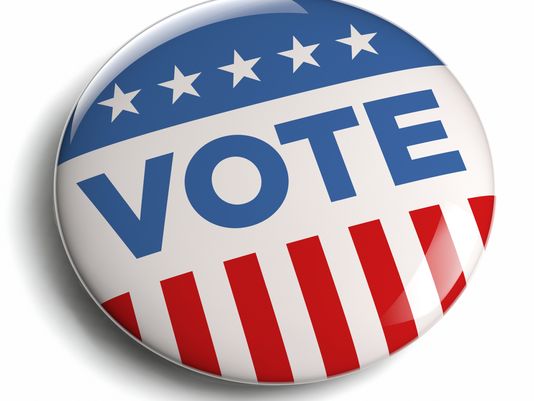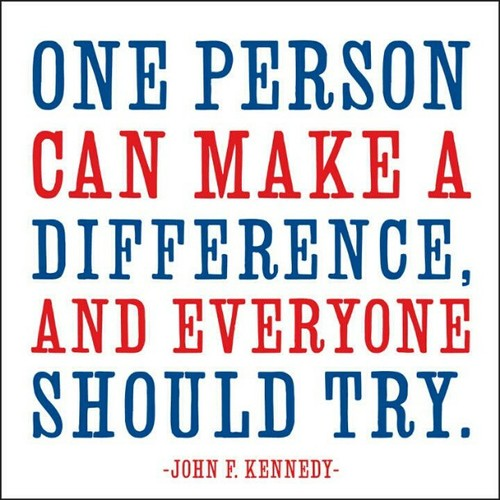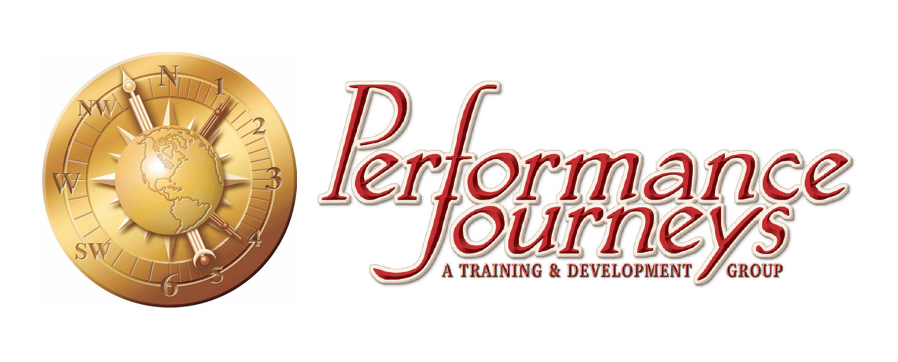In anticipation for this week’s major election, TED Radio Hour hosted a podcast called Democracy on Trial. Eric P. Liu, founder of Citizen University and former Deputy Assistant to President Clinton for Domestic Policy, was one of several people interviewed in this podcast. Eric presented some really important thoughts around the demos of democracy. Demos means people, and his thesis is that people are critical to the success of our democracy.

But more than simply re-summarize the podcast, I want to draw some interesting parallels to employee engagement within organizations. So, see my notes from Eric’s interview/speech on TED, and then see the parallels I have drawn to our daily work.
| Thoughts on Democracy | Thoughts on Employee Engagement |
| 1. Many of most people’s first instincts around governance is to go to the law of the jungle. Reality is that humans that really survived didn’t stop at the skills of self-preservation, but advanced to sociability—figuring out how to do things together. | 1. We instinctively think that the first step to being a successful business or organization is to be cutthroat, living by the law of the jungle. Reality is that world-class organizations are not about self-preservation, but rather about engaging with one another—figuring out how to do things together. |
| 2. Citizens are not consumers. We have responsibility to be co-authors and co-creators. | 2. Employees are not consumers. We have a responsibility to be co-authors and co-creators. |
| 3. The most important thing anyone can do is vote. | 3. The most important thing anyone can do is engage with others and share your insight. |
| 4. Why bother voting? Because there is no such thing as not voting. Not voting is voting for everything you detest and oppose. Not voting can be dressed up as an act of principled, passive resistance. But in fact, not voting is actively handing power over to those whose interests are counter to your own and those who would be very glad to take over for your absence. Not voting is for suckers. | 4. Why bother being engaged? Because there is no such thing as not being unengaged. Not being engaged is voting for everything you detest and oppose. Not being engaged can be dressed up as an act of principled resistance. But in fact, not being engaged is actively handing power over to those whose interests are counter to your own and those who would be very glad to take over for your absence. Not being engaged is for suckers. |
| 5. Systems that are inclusive are more resilient. Systems that are less inclusive are less resilient and more brittle. | 5. Organizations that are inclusive are more resilient. Organizations that are less inclusive are less resilient and more brittle. |
| 6. Systems that are autocratic can make the trains run and time and build things on a short amount of time with a lot of purpose and speed, and less messiness. But democracy trumps autocracy because it is in such a setting where we find resiliency and adaptability in a time of crisis. Voters must remember that. | 6. Organizations that are autocratic can make the trains run and time and build things on a short amount of time with a lot of purpose and speed, and less messiness. But employee engagement trumps top-down decision making because in such a setting we find resiliency and adaptability in times of crisis. Employees must remember that. |
| 7. There is talk every day about revolution. But every day democracy gives us a playbook for revolution. Imagine what would happen if 100% voted. Mobilize 100% and overnight we get revolution and incredible results. | 7. There is talk every day about organizational change. But every day employee engagement gives us a playbook for real change. Imagine what would happen if 100% were engaged. Mobilize 100% and overnight we get change and incredible results. |
| 8. In a democracy, our elected leaders are not leaders, but rather exquisitely attuned followers, and will show up for whoever will vote. | 8. Management is often not leaders, but rather exquisitely attuned followers, and will show up for whoever decides their fate. |
| 9. Because of creeping cynicism, we have depressingly low levels of civic knowledge, civic engagement, civic participation. The whole business of politics has been effectively subcontracted out to a bunch of professionals. Money people, Outreach people, Research people. The rest of us are made to feel like amateurs, like suckers. We are demotivated by how things work. We begin to op out. This thing we must confront. | 9. Because of creeping cynicism, we have depressing low levels of organizational knowledge, employee engagement, employee participation. Organizations have been effectively subcontracted out to a bunch of professionals. Financial advisors, consultants, researchers. The rest of the employees are made to feel like amateurs, like suckers. We are demotivated by how things work. We begin to opt out. This thing we must confront. |
In summary, it’s about democracy vs. autocracy, whether you’re a republic or a corporation.
Now mind you, one may consider it mockery to compare our form of government to everyday work. But think about it. It matters that we show up once or twice a year to a voting booth. It should matter more that five days a week we show up to work. While our form of government is everything to our way of life, what life do we have if we spend 8 hours a day simply being disengaged? It is in that spirit I suggest that our efforts to inclusively engage and work together each day offers a great sandbox for appreciating and living up to the value of our country’s democracy.
So get out to vote today—and every day thereafter!

